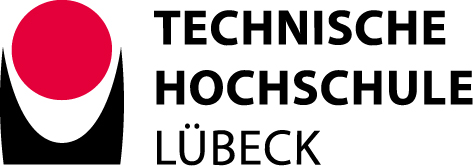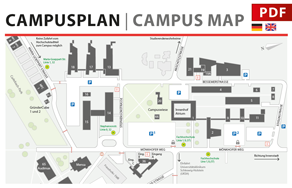Applied Information Technology, M.Sc.
What do you learn with us?
Topics range from information acquisition, transmission and distribution, its processing, simulation and modeling, to information management. To facilitate your entry into your studies, we provide bridging courses in two different fields of electrical engineering to refresh or deepen your knowledge. In addition to Applied Mathematics that uses a variety of methods for the most diverse design and optimization tasks, various technical teaching modules are offered on the following focal points:
- Cyber-Physical Systems, e.g. Wireless Networks for Cyber Physical Systems
- Industrial Systems, e.g. Automation Technology and Process Optimization
- Assistance and Autonomous Systems, e.g. Mobile Applications and Human Computer Interaction
The business modules complement your studies. This way you will not only understand the technical background of Cyber-Physical Systems, moreover you will be able to evaluate and implement them economically.
In order to open up your professional perspectives to science, you will become part of a current research project in the Scientific Project module.
Where are you needed?
The application fields of Cyber-Physical Systems such as industrial systems, assistance systems or autonomous systems are open to you after your master's degree. You can work with research and development or start in other areas such as manufacturing, quality assurance or sales. A career in higher service or self-employment are also possible. With the GründerCube, you will even find a central coordination and advice center for startups directly on the campus of TH Lübeck. If working in science appeals to you, you can also devote yourself to research and teaching after graduation.
Career prospects
Today, information technology is central to all areas of business, industry, administration and medicine. New markets and customers can be reached worldwide via the Internet. You can therefore be sure that you will have excellent career prospects after graduation and many professional opportunities with a very good salary will be open to you.
Possible industries in which you can work include the automotive industry, the energy industry, hardware and software development, media and telecommunications companies, and medical technology. Since we are closely connected with different companies, we prepare you precisely for the current requirements of the job market.
- Target audience
This study program should appeal to interested students of both genders,
- who gained their first experience in electrical engineering and information technology,
- who want to engineer something new instead of being a user only,
- who think pragmatically and find a solution even in challenging situations,
- who like to work on demanding tasks in a team or on their own,
- who prefer communicating and presenting interdisciplinary ideas and therefore are interested in both engineering and economic aspects of engineering,
- who want to advance their career by taking over executive functions,
- who are interested in working in the area of research and education,
- who seek for a career in the upper grade of the civil service,
- who want to prepare for a conferral of a doctorate.
- Content of teaching
The instructions in the framework of the Master of Applied Information Technology should encourage interdisciplinary thinking and cooperation in the fields of Electrical Engineering and industry. To accomplish this educational objective in addition to Applied Mathematics, which contributes a variety of methods for design and optimization, a number of technical courses are offered, which can be categorized as follows:
- Information retrieval, transmission and distribution
- Distributed Systems in Automation
- Wireless Networks in Automation
- Digital Processing of Stochastic Signals
- Information processing, simulation and modelling
- Identification and digital Control Systems
- Digital Processing of Stochastic Signals
- Digital Image Processing
- Real-Time Systems
- Information management
- Database and Information Management
- Human-Computer Interfaces
The non-technical courses representing operational information retrieval and processing are perfectly executed to contribute vitally to the profile of this Master Program:
- Accounting and Controlling
- Integrated Information Systems
- Business Process Management
- Supply Chain Management
The contribution of economics courses to the teaching accounts for 23 % to 31 % depending on the choice of elective modules. This emphasizes the importance of economics in the education of technically trained students.
Based on practical training during laboratory hours and their assignments the students are incited and instructed to work scientifically independent. The Master’s thesis gives an opportunity to unfold their acquired skills and to gain first work experience, if not achieved in the past.
- Information retrieval, transmission and distribution



